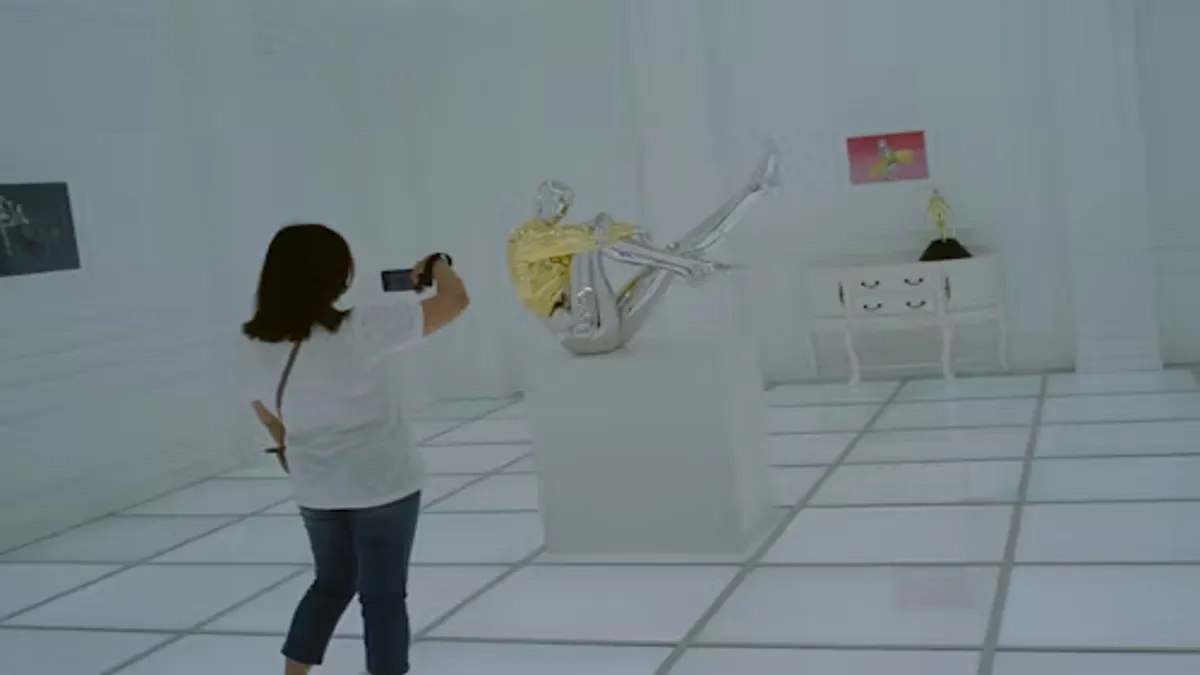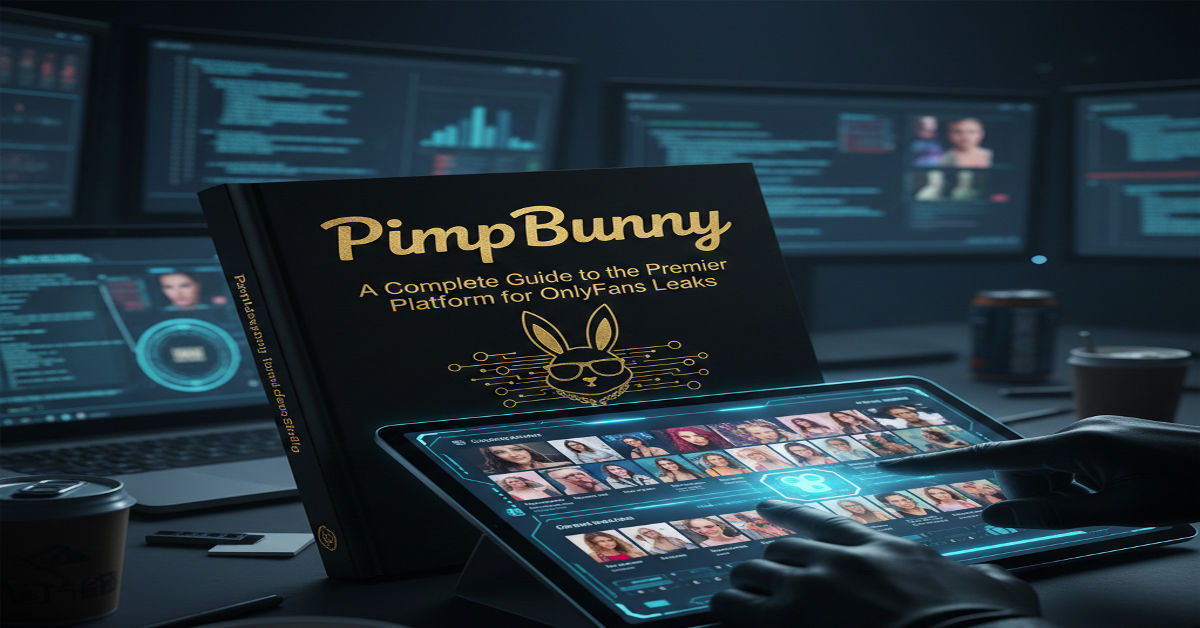In today’s era of digital interactivity, BitLife Unblocked has become a phrase synonymous with curiosity, creativity, and freedom in constrained environments. Within the first few minutes of understanding it, players realize that this term refers not to a separate game, but to an unrestricted version of the viral life simulation app, BitLife, often played in schools or workplaces where access is typically restricted. The search intent behind “BitLife Unblocked” often comes from students or individuals seeking to experience virtual life decisions without technical or institutional barriers. It symbolizes more than just gaming; it embodies the digital expression of curiosity about life’s choices, moral consequences, and the freedom to experiment in a simulated world. This article explores the cultural, psychological, and ethical dimensions of BitLife Unblocked, providing an in-depth understanding of why it fascinates millions while sparking debates about access, education, and responsibility.
BitLife, originally designed as a mobile app, lets players live out a simulated life from birth to death, making decisions that influence their careers, relationships, and moral paths. The “unblocked” version allows access through browser-based or unofficial versions, bypassing filters or firewalls common in school or workplace networks. For educators and parents, this raises questions: Is it harmless fun or a distraction? For players, it represents a realm of freedom and exploration. As one digital culture analyst noted, “The popularity of BitLife Unblocked isn’t about rebellion—it’s about agency in an age of restriction.” Understanding why this version captivates players provides a lens into modern digital ethics, simulation learning, and the psychology of decision-making in confined digital spaces.
The Core of BitLife’s Gameplay
The foundation of BitLife’s appeal lies in its simplicity: life choices distilled into quick taps and scrolls. Players can choose to pursue education, crime, wealth, or fame, facing consequences in real-time. The unblocked versions amplify this accessibility by removing limitations of device or environment. A psychology student once commented, “It’s fascinating that we can simulate moral dilemmas in an environment where real consequences don’t exist.” This freedom-to-choose dynamic reflects a deeper human desire: control over destiny, even if virtual. While traditional games focus on physical achievements or battles, BitLife focuses on decisions, ethics, and randomness, making it an interactive life philosophy experiment accessible to anyone with an internet connection.
Table 1: Core Gameplay Elements of BitLife
| Aspect | Description | Player Impact |
|---|---|---|
| Life Choices | Options in education, work, crime, relationships | Shapes character’s moral and economic path |
| Random Events | Illness, inheritance, or fame opportunities | Adds unpredictability and realism |
| Stats System | Happiness, health, looks, and smarts | Determines success or downfall |
| Careers | Ranging from artist to politician | Reflects real-world aspiration diversity |
| Generational Continuity | Play as descendants of previous characters | Reinforces legacy and cyclical storytelling |
Educational and Cultural Implications
The unblocked version’s rise coincided with a broader trend: students exploring browser-based entertainment when mobile gaming was restricted. However, beneath the surface, it serves educational value too. Teachers have used BitLife Unblocked informally to illustrate lessons in sociology, economics, and decision theory. The game mimics cause-and-effect relationships, showing how early education, habits, or crime decisions ripple across life outcomes. “It’s a soft way to teach responsibility,” said one teacher in a classroom study of simulation-based learning. By connecting digital entertainment to real-life behavioral psychology, BitLife becomes more than play—it transforms into a learning instrument wrapped in humor and chance.
Still, debates persist about whether unblocked access promotes distraction or independent exploration. Institutions block such games not out of malice but to maintain productivity. Yet, the human instinct to explore what is forbidden intensifies the appeal. Psychologists note that unblocked versions often gain popularity precisely because of the restriction—creating a paradoxical loop of curiosity and defiance.
The Psychology of Digital Curiosity
This duality reflects broader social questions about censorship and autonomy in digital spaces. When a player opens BitLife Unblocked in a classroom, they aren’t merely seeking leisure—they are, consciously or not, challenging digital control systems that define what is “appropriate.”
From a sociological standpoint, BitLife’s unblocked versions create micro-societies of players who share tips, memes, and decision outcomes online. These interactions resemble online town squares, where discussions range from humorous life outcomes (“My BitLife character became a monk and won the lottery”) to philosophical ones about fate and morality. Such engagement transforms what might appear as trivial play into a study of communal identity.
“It’s digital storytelling at its most personal,” remarked one content creator who documents their BitLife choices on social media. These interactions reveal that the game’s simplicity is deceptive—it’s a mirror for human curiosity and existential reflection.
BitLife Unblocked in the Classroom
The concept of “unblocked” gaming also intersects with broader educational discourse on digital literacy. Schools banning entertainment sites aim to preserve focus, yet scholars argue that such games, when contextualized, can enhance engagement. Life simulators like BitLife introduce abstract thinking, long-term planning, and moral causality. They encourage reflection: what if life’s decisions could be replayed? For younger players, these questions might inspire empathy and self-awareness—traits increasingly important in education.
Table 2: Educational and Ethical Dimensions of BitLife Unblocked
| Theme | Educational Insight | Ethical Concern |
|---|---|---|
| Decision-Making | Reinforces cause-effect logic | May oversimplify moral complexity |
| Career Simulation | Demonstrates economic paths | Encourages unrealistic expectations |
| Freedom of Access | Promotes digital autonomy | Risks policy violations in institutions |
| Behavioral Reflection | Fosters empathy and self-analysis | May desensitize users to consequences |
| Curiosity & Exploration | Sparks creativity and storytelling | Blurs line between learning and entertainment |
The Ethics of Unblocking
As digital ecosystems evolve, unblocked access reflects shifting definitions of ownership and permission. In earlier eras, physical textbooks or library materials represented controlled gateways to information. Today, games like BitLife symbolize how knowledge, reflection, and play converge in unrestricted digital environments.
When a student accesses BitLife through an unblocked browser, they participate in a broader narrative: the decentralization of knowledge. No longer are moral lessons confined to formal systems; they unfold interactively through simulated lives. This dynamic aligns with the digital generation’s preference for experiential rather than didactic learning.
The ethics of unblocking, however, remain nuanced. Some argue that it encourages circumventing authority, fostering habits of rule-breaking. Others counter that it cultivates adaptability—a vital skill in modern tech culture. Like all technologies, BitLife Unblocked’s effect depends on intent. Used mindfully, it can spark curiosity about human behavior, economics, and ethics. Used carelessly, it becomes escapism. Yet, perhaps that balance itself mirrors life’s central theme—the constant negotiation between freedom and consequence.
Quotes from Experts and Players
“BitLife is not just a game about living; it’s about imagining what living differently could mean.” — Digital Sociologist
“When students secretly open BitLife Unblocked, they’re not defying learning—they’re choosing a different form of it.” — Education Technologist
“Every tap in BitLife feels like a micro-lesson in responsibility, even when it’s wrapped in humor.” — Game Psychologist
“It’s ironic that a game about living freely teaches discipline more effectively than most lectures.” — Student Reviewer
Key Insights About BitLife Unblocked
- BitLife Unblocked refers to unrestricted browser-based versions of the life simulator BitLife.
- It allows users to play even in restricted environments like schools or workplaces.
- The game focuses on moral choices, career paths, and life simulations from birth to death.
- Educationally, it can illustrate cause-and-effect, economics, and behavioral psychology.
- Ethically, it raises debates about digital freedom, responsibility, and rule circumvention.
- Its cultural popularity reflects the generational desire for autonomy and self-exploration through virtual worlds.
Intergenerational Storytelling and Legacy
The narrative structure of BitLife also fosters intergenerational reflection. Players often replay as the children of their previous characters, creating legacy arcs that parallel family histories. In unblocked versions, this continuity remains intact, letting users explore dynastic progression and consequence across decades of simulated lives. This continuity resonates with storytelling traditions—cause, effect, and redemption woven together.
The unblocked ecosystem, unrestricted by app stores or device policies, ensures that these virtual legacies persist across platforms, reinforcing the theme of infinite second chances.
Educational and Psychological Value
Critically, BitLife Unblocked sits at the intersection of entertainment and education—what researchers term “edutainment.” It presents choices in digestible, humorous formats while subtly teaching life’s unpredictability. For students in structured systems, this informal engagement offers psychological relief. It’s not rebellion—it’s reflection through play.
Like a digital thought experiment, it prompts questions:
- What if morality were measurable?
- What if fate could be replayed?
- What if every decision, however small, mattered?
In that curiosity lies its enduring charm.
Conclusion
BitLife Unblocked stands as a modern parable of digital life—where freedom, ethics, and curiosity collide in a virtual ecosystem. Its presence in schools and workplaces is less a rebellion and more a testament to human exploration: the yearning to understand life’s complexity through simulation. Whether viewed as distraction or innovation, its essence lies in offering users the freedom to imagine choices without penalty, to live—and relive—virtually what reality cannot always permit. In doing so, it challenges how society perceives learning, authority, and play in the digital age, reminding us that sometimes, to understand life, we must first unbind it.
FAQs
1. What does BitLife Unblocked mean?
BitLife Unblocked refers to versions of the popular life simulation game that can be played without app restrictions, usually via browsers.
2. Is playing BitLife Unblocked safe?
Yes, if accessed from trusted educational or open-source platforms. Players should avoid insecure or unauthorized sites that might contain malware.
3. Can BitLife Unblocked be used for learning?
Absolutely. Many educators use it to teach decision-making, ethics, and social behavior in a fun, relatable format.
4. Why do institutions block BitLife?
Schools and workplaces restrict it to prevent distraction, but this has also fueled curiosity, driving students to seek unblocked access.
5. How does BitLife Unblocked differ from the regular BitLife app?
The unblocked version runs in web browsers without installation, maintaining the same core gameplay while offering accessibility and freedom.











